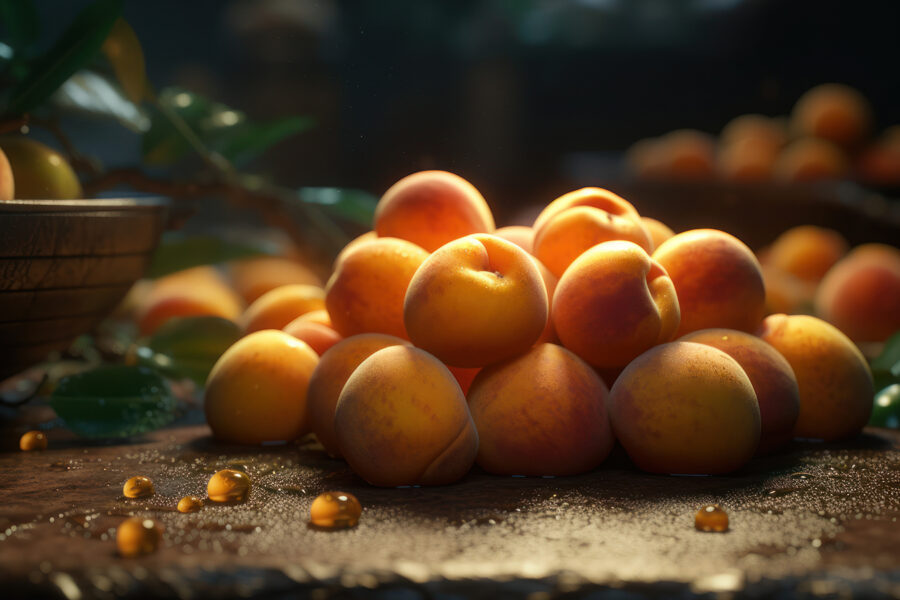Here at Puree Arete, we're raising a glass to the versatility of our White Peach Puree, a brewer's secret weapon for creating summery sensations in your next batch.
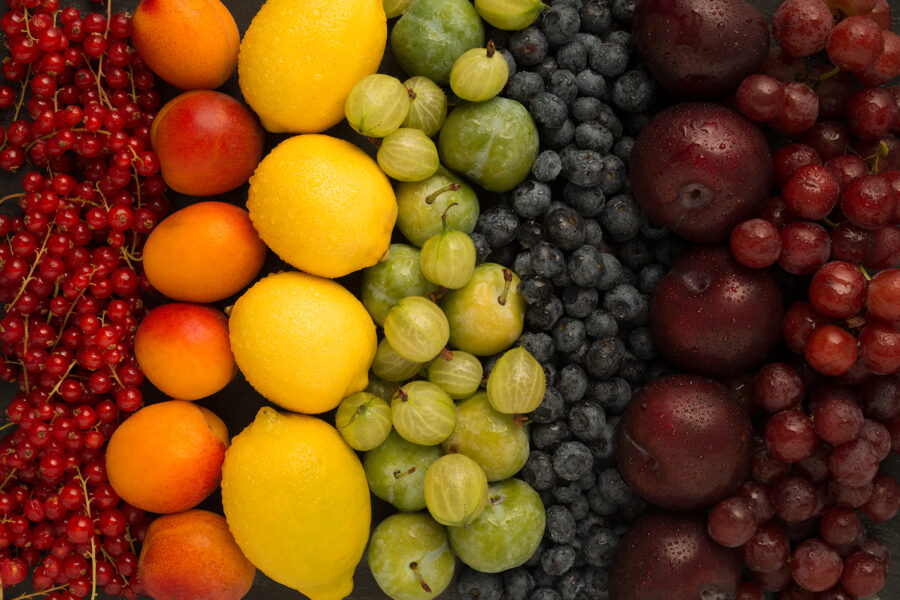
Dabbling in fruit beers isn’t just about adding a twist to the traditional though; it's about creating a whole new flavor experience for beer drinkers.
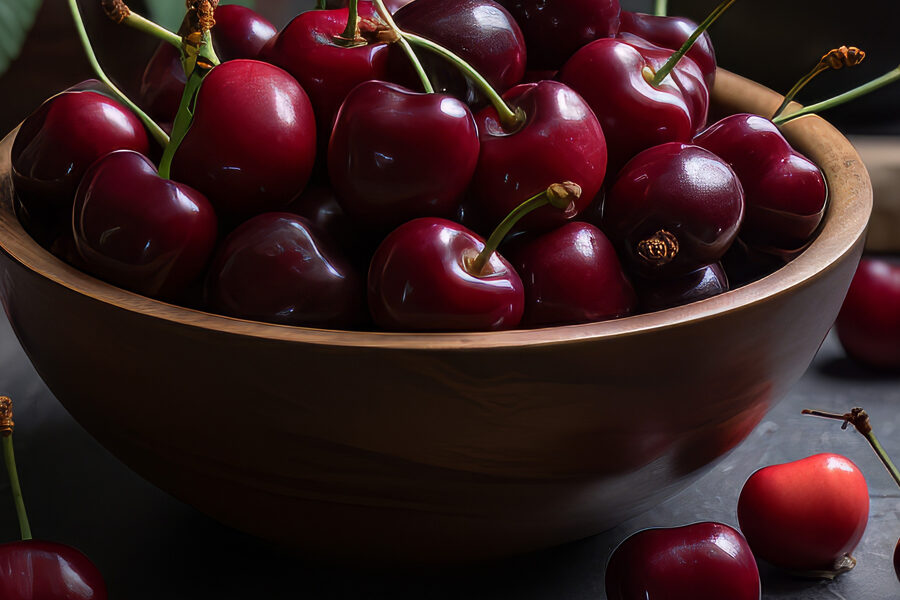
For adventurous brewers pushing the boundaries of flavor, Puree Arete's Sweet Cherry Puree unlocks a door to a delicious new dimension.

Research shows health-conscious consumers are driving an increase in the fruit beer market. Modern drinkers prefer beverages that are beneficial for the body.
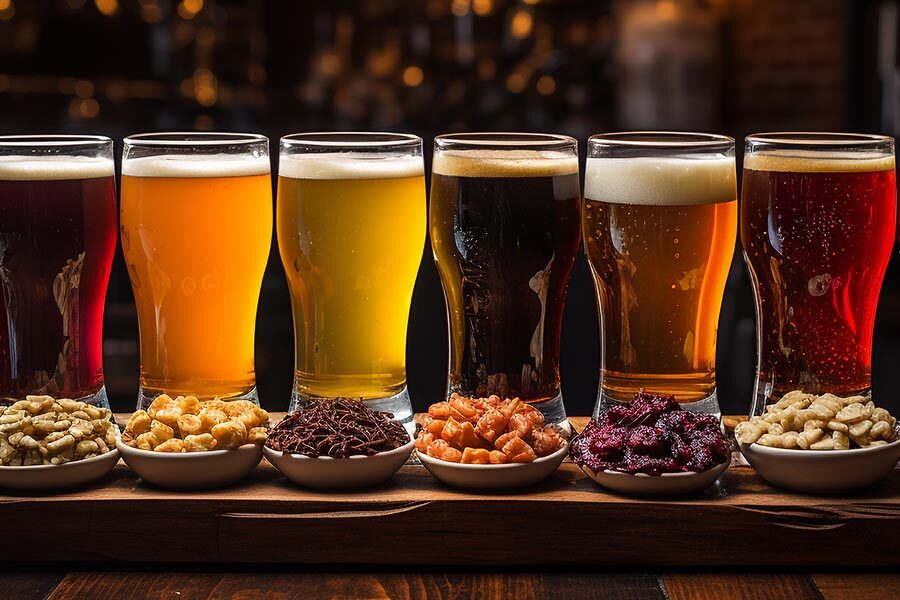
Puree Arete's natural, sugar-free fruit purees enhance beer flavors, aromas, and complexities, ensuring consistent, dimensional brews.
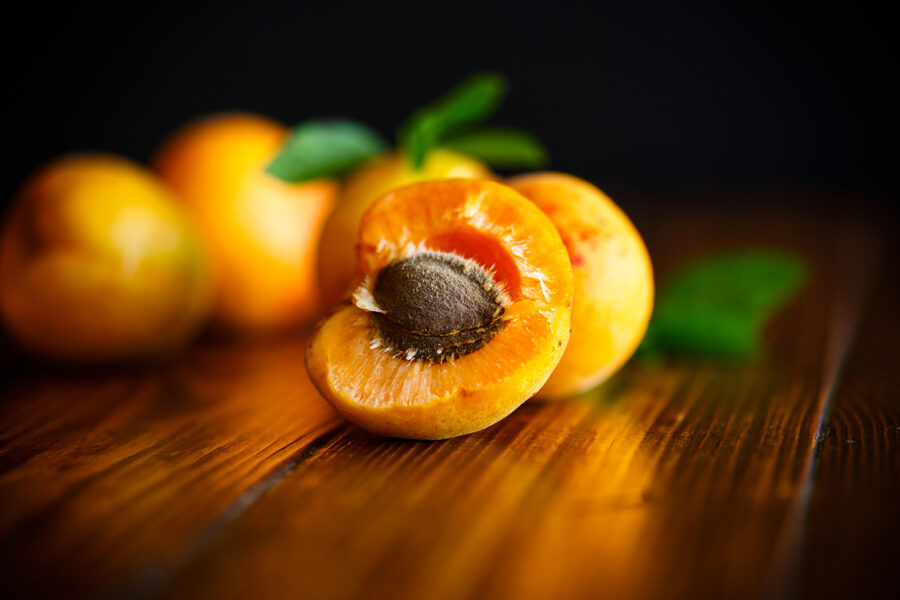
A pint of apricot-infused winter ale tastes like a slice of summer preserved in a glass, providing a welcome contrast to the winter landscape outside. Here are some possible apricot-infused winter ale options for adventurous brewers to consider.
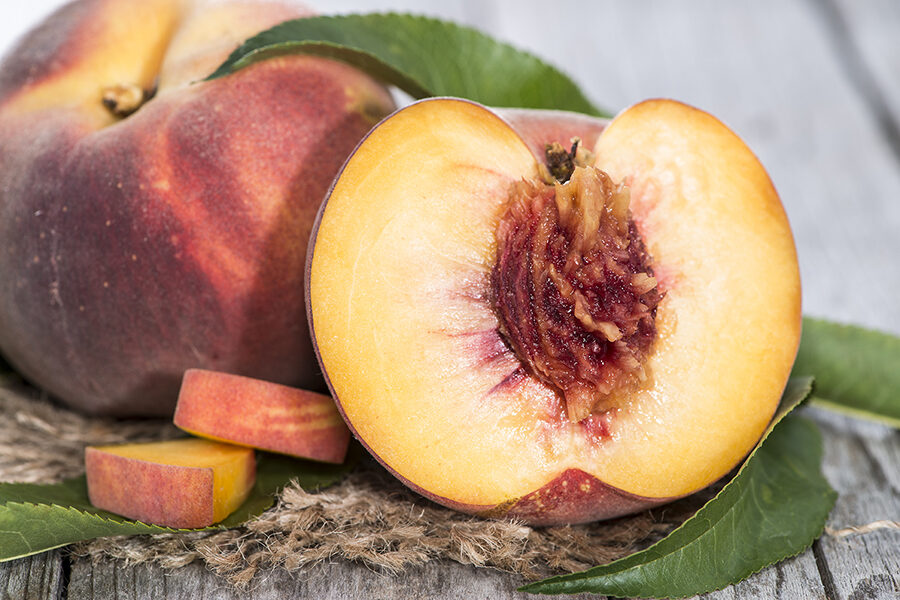
Peaches, with their distinctive juicy and aromatic profile, bring a succulent dimension to the dense, earthy flavors of fall. Their natural sweetness provides a counterpoint to the richer, spiced undertones of the season, creating a harmonious symphony of flavors.
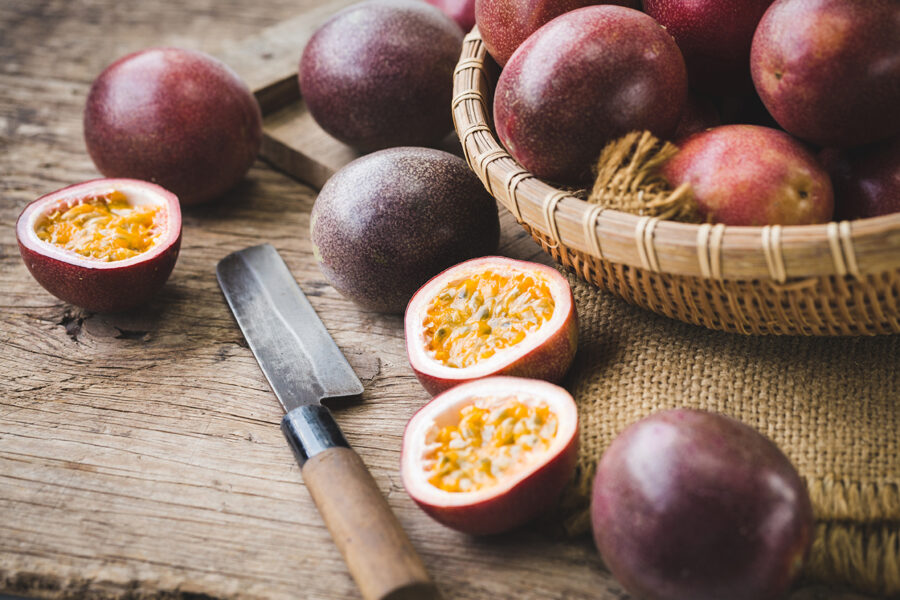
The essence of the passion fruit is captured in the puree, offering chefs and brewers concentrated, multifaceted flavors.
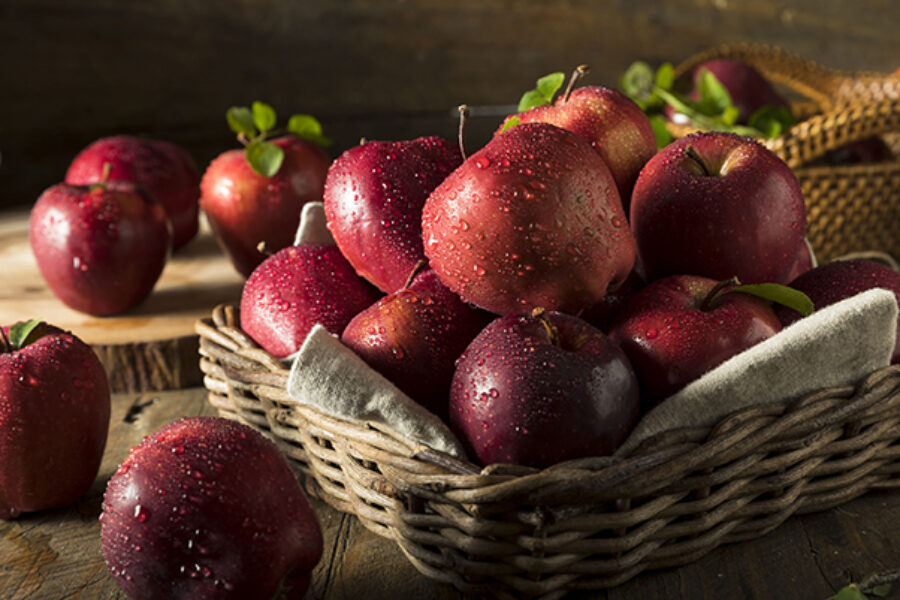
Apple puree elevates brews by infusing them with smooth textures, enhancing mouthfeel, and pairing well with diverse ingredients for more tantalizing flavors.
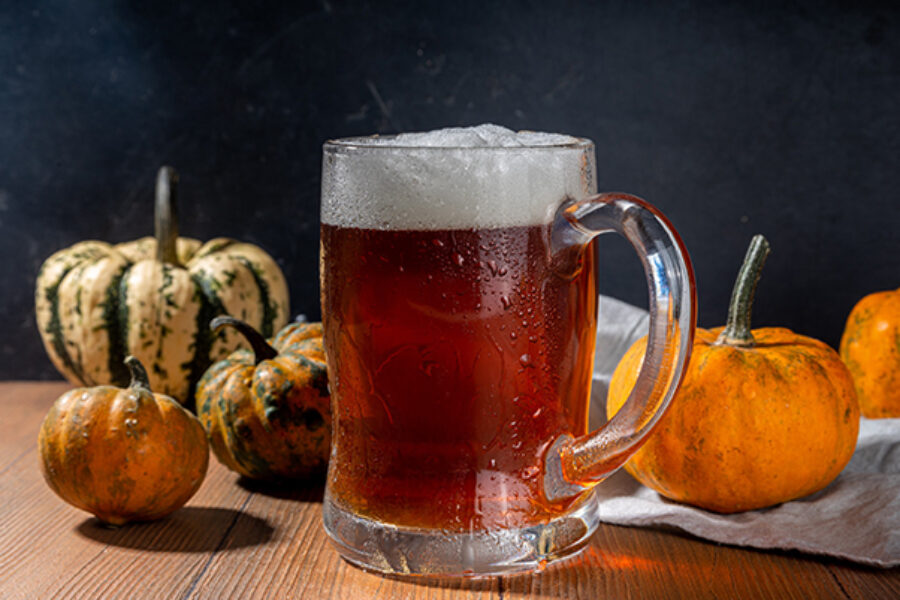
You understand the importance of utilizing quality ingredients to create delicious and innovative products. For early American colonists, ingredients of any quality were hard to come by, but one ingredient was in abundance: the humble pumpkin.
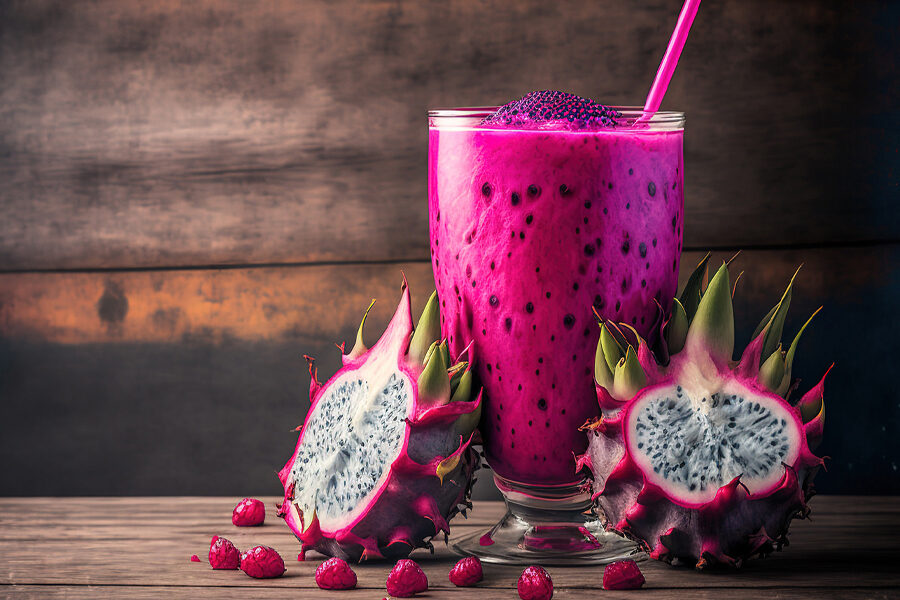
Whether you're a seasoned craft brewmaster or a newcomer to the craft beer scene, we encourage you to experiment with mango puree and see how it can take your beer to the next level.
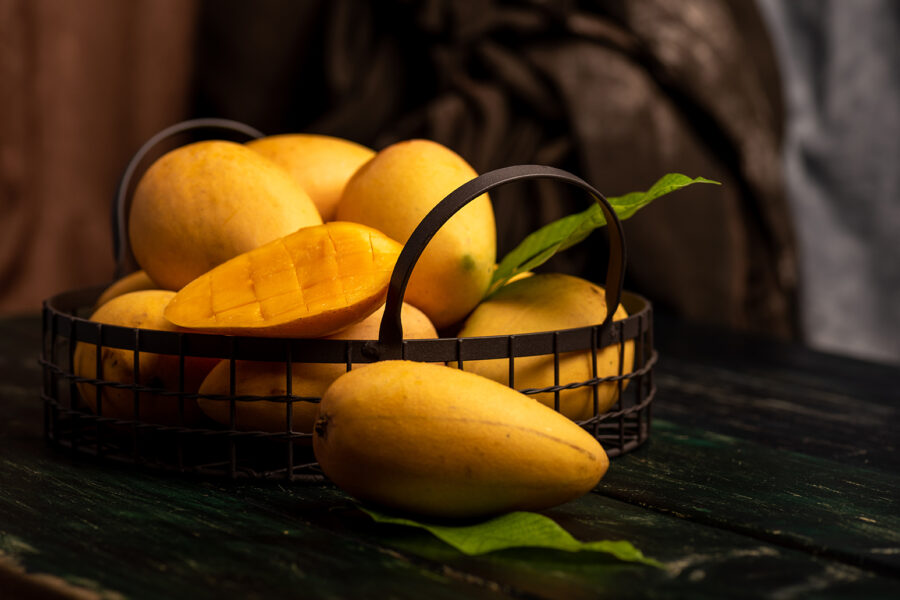
Whether you're a seasoned craft brewmaster or a newcomer to the craft beer scene, we encourage you to experiment with mango puree and see how it can take your beer to the next level.
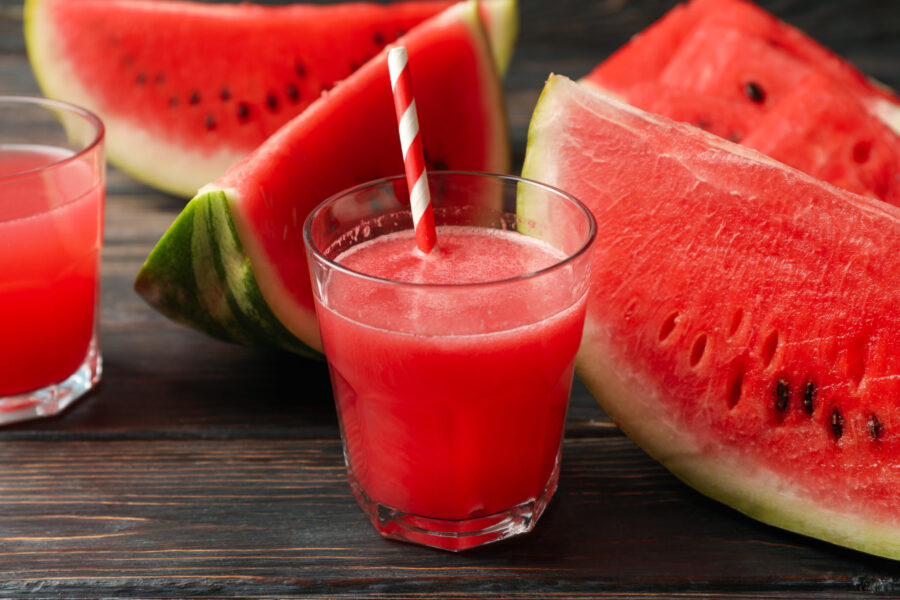
Breweries around the country have been experimenting with the unique flavor profile of watermelon beers in recent years. It’s no wonder. Watermelon is a national favorite with a familiar and refreshing flavor that appeals to both casual and serious beer drinkers. It doesn’t hurt that we associate watermelons with summer, sun, and fun.

Which fruit purees might please the beer drinkers in each state most? To aid our research, we turned to Google search trends and a representative brewery from each state.
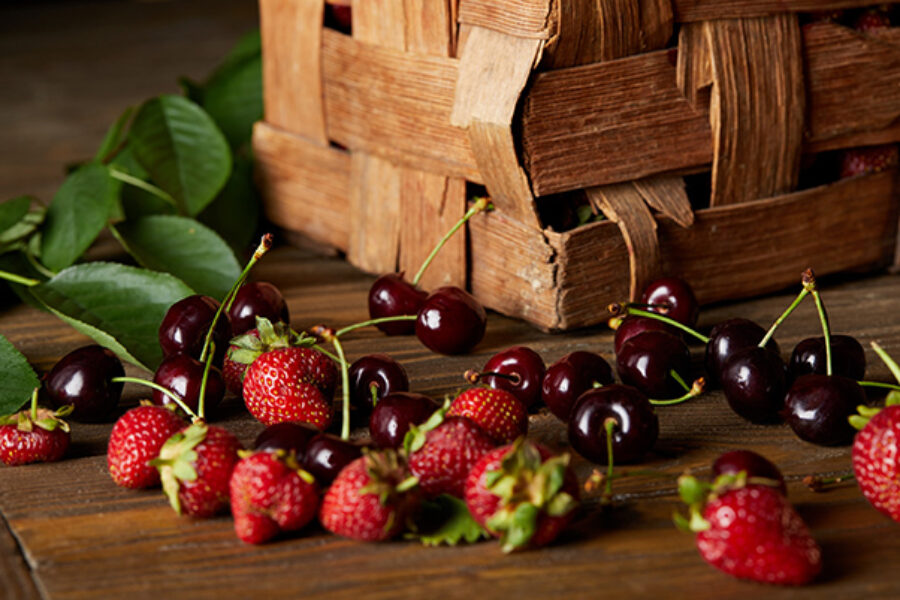
The fruity guide to brewing: unlocking the best time to add fruit puree to elevate your beer's flavor Fruit, glorious fruit! Whether you're a fan of tart cherries, juicy raspberries, or succulent apricots, adding fruit puree to your brew can elevate your beer to new heights of deliciousness
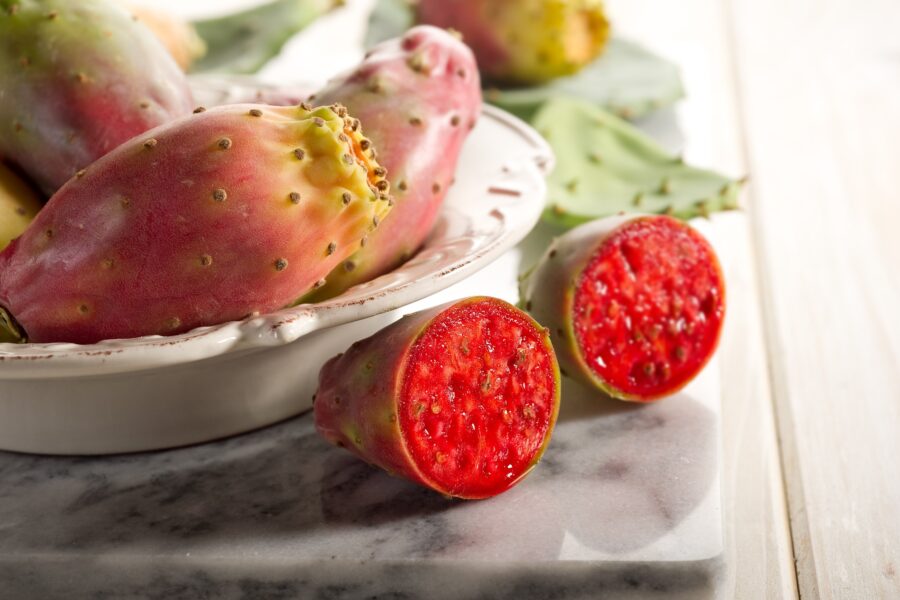
Prickly pears are showing up in a wide range of alcoholic beverages. Also known as cactus figs for its luscious mouthfeel, prickly pears offer a sweet, bright flavor that some people compare with watermelon. Its flavor profile makes it especially popular in the alcoholic beverage category, where it takes center stage ready-to-drink prickly pear coolers,


